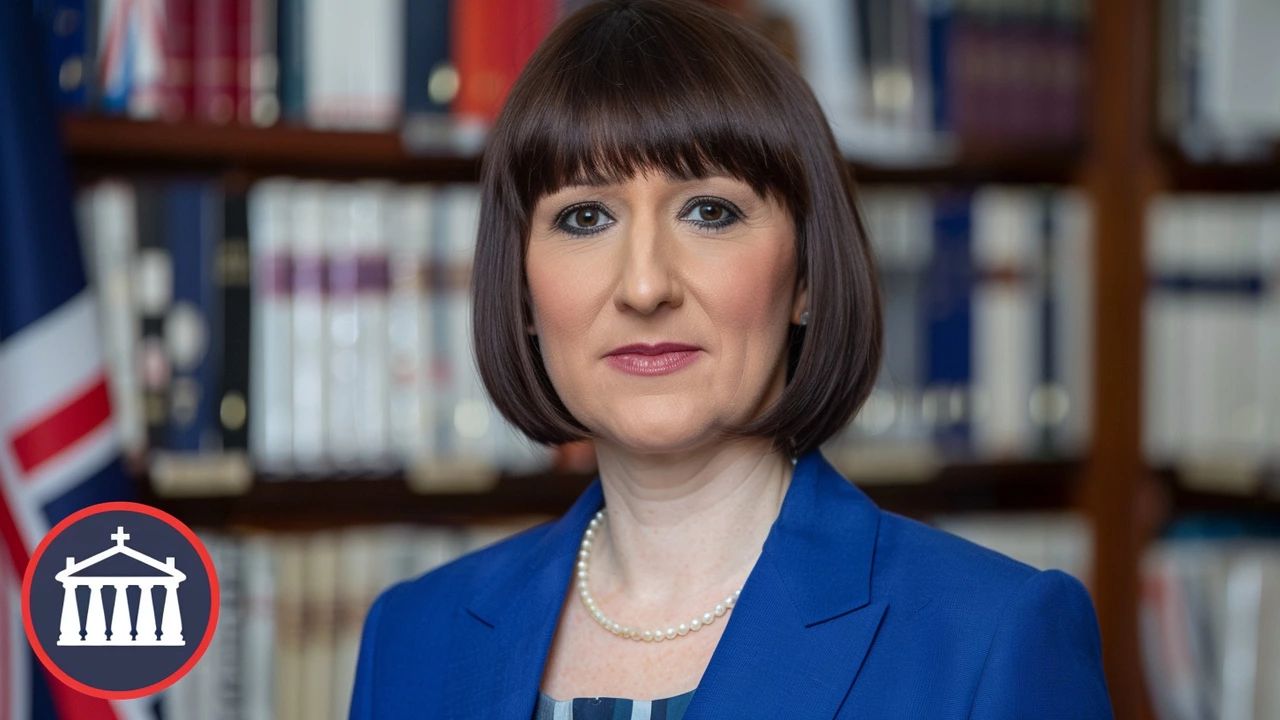Chancellor of the Exchequer Explained: The Basics You Need to Know
If you’ve ever heard the term "Chancellor of the Exchequer" and wondered what it actually means, you’re not alone. In simple terms, the Chancellor is the UK’s top finance minister – the person who decides how the country’s money is spent and collected. Think of the Chancellor as the head of the nation’s wallet, handling everything from taxes to public spending.
Every spring, the Chancellor delivers a Budget speech that outlines where the government will put its money for the next year. This can include funding for schools, hospitals, roads, and even sports like motorsport. The Budget affects everyday life – it can change the amount of tax you pay, the price of fuel, or the value of your pension.
What the Chancellor Actually Does
First up, the Chancellor sets tax rates. Whether it’s income tax, VAT, or corporation tax, the Chancellor decides the percentages and any changes. These decisions directly impact your paycheck and the price you pay for goods.
Second, the Chancellor decides on public spending. That means choosing how much money goes to different government departments, like the Department for Transport or the Department for Business, Energy & Industrial Strategy. Those choices can fund new road projects, support green energy, or even sponsor major sporting events.
Third, the Chancellor manages the country’s debt. If the government spends more than it earns, it borrows money. The Chancellor works with the Bank of England to keep borrowing costs under control, which helps keep the economy stable.
Why It Matters to Racing Fans and Motorsport Lovers
Motorsport may seem like a niche hobby, but it’s actually a big part of the UK economy. From Formula 1 teams based in Silverstone to local karting clubs, the sport creates jobs, draws tourists, and spurs tech innovation. The Chancellor’s budget decisions can directly affect these areas.
For example, when the government allocates money to research and development, automotive engineers can get more funds to test new engines or safety tech. Tax breaks for racing teams can lower operating costs, making it easier for smaller teams to compete.
Infrastructure spending is another big one. Better roads, upgraded airports, and improved public transport make it easier for fans to travel to races. The Chancellor’s choices on transport funding can therefore boost attendance at events like the British Grand Prix.
Lastly, the Chancellor’s stance on environmental taxes influences how the sport moves towards greener tech. Carbon taxes or incentives for electric vehicles push racing series to adopt hybrid or fully electric cars, keeping the sport ahead of the sustainability curve.
In short, the Chancellor of the Exchequer might sound like a distant political figure, but their decisions ripple through everyday life – even into the fast-paced world of motorsport. Understanding the role helps you see why news about a new tax or a big infrastructure project can matter whether you’re watching a race on TV or cheering from the stands.
Keep an eye on the next Budget speech – it could bring new opportunities for the racing community, from better tracks to cooler, greener cars. And the next time you hear “Chancellor,” you’ll know it’s not just about money, it’s about shaping the future of the UK, on and off the track.

Rachel Reeves: The Journey of a Chess Champion to Potential UK's First Female Chancellor
May, 29 2024